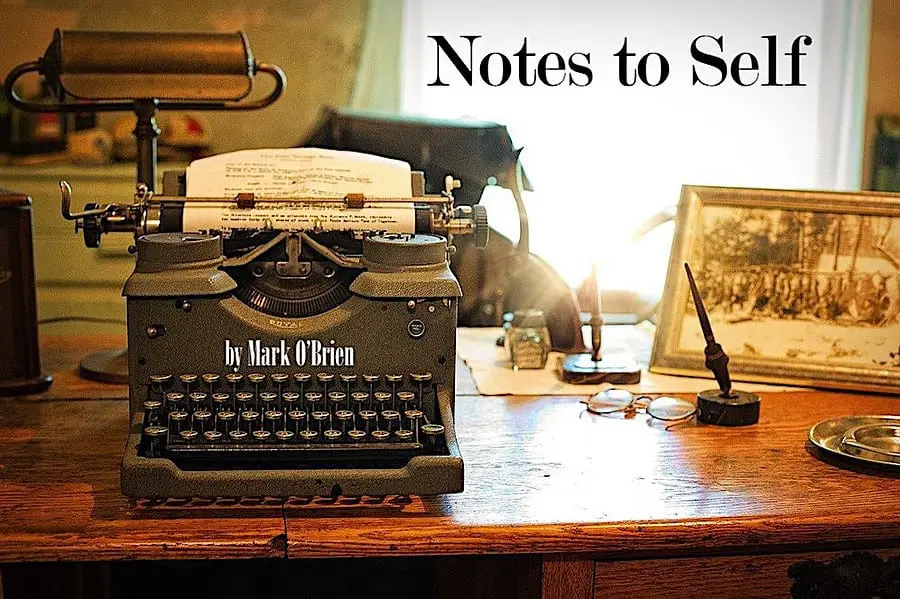
I happened to see a notice that, Melanie, one of the singer/songwriters who achieved some popularity during my wayward youth, passed away earlier this year at the age of 76. It started me thinking about the plethora of famous people who’ve managed to become known by a single name only, often just their first names. This is just a partial list: Cher, Madonna, Sting, Rihanna, Charo, Sade, Usher, Prince, Adele, Beyoncé, Sinbad, Bono, Flea, Liberace, Zendaya, Lizzo, Pink, Twiggy, Slash, Yanni, Snoop, Drake, Kesha, Fabio, Shakira, Björk, Aaliyah, Eminem, Ashanti, Banksy, Seal, Oprah, Morrissey, Donovan, Coolio, Mo’Nique, Naz, Ciara, and Fred MacMurray.
Then I started to wonder about personas — or personae, if you want to get formal or technical about it. What do all those people we know by one name only do when they’re not being just that one name; that is, when they’re not being whatever it is they’re being in the personae they’ve created? What do their loved ones call them? Does Snoop’s wife call him Snoop? Snoop Dogg? Calvin? At times, it seems, at least as it pertains to Sting, things can get downright confusing. According to Wikipedia:
In the 1985 documentary Bring On the Night a journalist called him Gordon, to which he replied, “My children call me Sting, my mother calls me Sting, who is this Gordon character?” In 2011, he told Time that “I was never called Gordon. You could shout ‘Gordon’ in the street and I would just move out of your way”. Despite this, he chose not to legally change his name to “Sting”.
Beyond the confusion, I can’t help but wonder if those personae ever become traps? (I think they do.)
Those Were the Days …
When I was younger, I created a persona. I called him Ignatz. He didn’t have a last name. The purpose of Ignatz was to be invisible. He went out of his way to avoid attracting attention to himself. He didn’t exactly lurk in the shadows. Neither did he seek the limelight. His favorite place to be was out of the way. He was conspicuously nondescript, anonymous. And he was lost.
When he was in his early 20s, Ignatz wrote the poem that follows. He wrote it while looking out a second-floor window of his boyhood home, gazing south down Hamilton Avenue in Meriden, Connecticut, taking in most of what he’d known of the world since his family moved into that house when he was five years old. The poem came to him in its entirety, and he jotted it down when he tired of looking out the window. He didn’t do anything with it because he was … well … Ignatz. The poem is a pretty accurate evocation of the spiritual emptiness in which Ignatz spent his days. If Ignatz had been a happy person persona, the poem would be sad. But he wasn’t. So, it’s not. Rather, it’s a keen if subconscious self-reflection. And it reveals a surprising self-awareness for a guy persona with so little self-possession:
The Age of Aquarius
There’s a neighborhood I lived in
For the best part of my youth.
Friends and neighbors came and went and left their souls.
Over all the years I lived there,
I was sending down my roots,
One for each year lost to counting goals.
And those roots were buried mountains,
Deep and steadfast under me,
A base on which to build my life’s success.
If whatever I was building
Ever faltered in the least,
The foundation underneath would bear the Stress.
But those goals were finest powder
Scattered freely in the wind.
In a gust of thought they’re gone and soon forgot.
Impassioned whispered promises
From ladies of the night:
For a while they seem real and then they’re not.
So I move without direction,
Ever dreaming, ever free
From the bondage of commitment to a cause.
And I wonder if this freedom
Isn’t bondage in itself,
If a dreamer isn’t one of nature’s flaws.
Direction. Commitment. Sometimes, when you’re trying to find your way and you discover self-faith, your way finds itself.
Everything Good is Ahead
I don’t need Ignatz anymore. I no longer wonder if dreamers are flawed. (They’re not.) I don’t aspire to be known by just one name; although, I might not have minded being Fred MacMurray. According to Wikipedia, he did pretty well with his name and his dreams:
MacMurray had a provision in his My Three Sons contract that all of his scenes on that series were to be shot in two separate month-long production blocks and filmed first. That condensed performance schedule provided him more free time to pursue his work in films, maintain his ranch in Northern California, and enjoy his favorite leisure activity, golf.
Well, maybe in the next life. But in this one, there’s no looking back … except to learn.
Yes. We are the sum of our experiences. But we don’t have to bring our traumas with us. Yes. We bear our scars. We can acknowledge them as milestones, but their weight is borne by the lessons they taught us. Yes. We remember the pain we’ve endured. But it teaches us to be patient, to be gentle, to be compassionate, to listen, and — most important — to realize nothing, not even pain, lasts forever.
Don’t look back. Don’t ever look back.
Originally Published on https://www.bizcatalyst360.com/category/lifecolumns/notes-to-self/